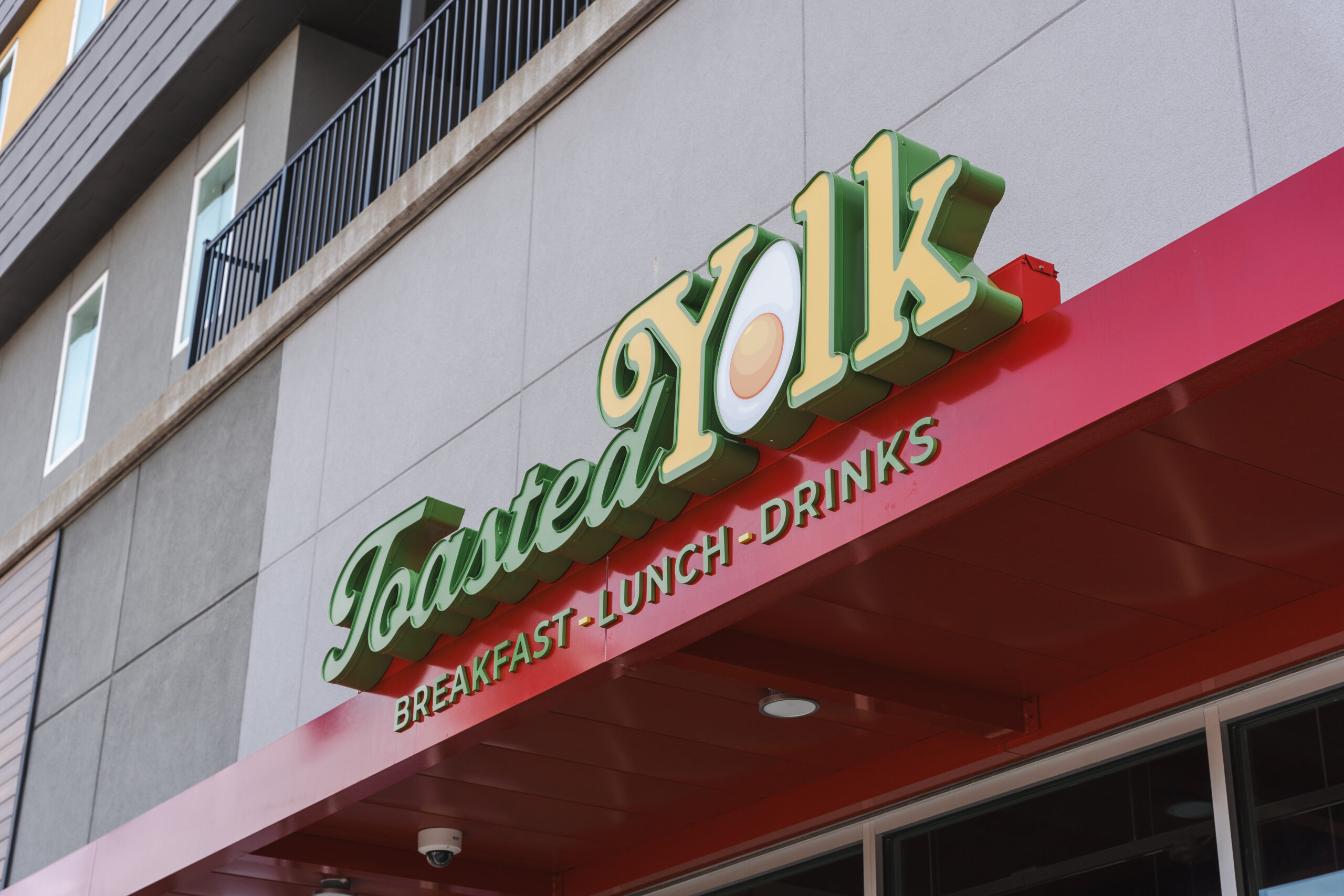The making of Bham Now Ale at Cahaba Brewing Company
Reading time: 4 minutes

Bham Now Ale at the Cahaba Brewing Company.
Got a nice ring to it doesn’t it?
Last fall, Bham Now President Cindy Martin and her husband bought a unique live auction item at the Southern Environmental Center‘s Ecofest 2017 fundraiser (an annual event) – an opportunity to create your own beer to be sold at the Cahaba Brewing Company taproom.
On Thursday, January 25, after a month of preparation, Bham Now Ale will be unveiled at the Cahaba Brewing Company taproom.
The making of Bham Now Ale
Almost exactly a month ago in December, Bham Now worked with Cahaba Brewing’s Sam Renta to create our new beer. They decided on starting out with an American Pale Ale recipe which was personalized according to our taste.
Here is a photographic gallery describing the step by step process in the making of Bham Now Ale. They spent most of the day cleaning and sanitizing equipment. It’s impossible to get a consistent product without cleaning/sanitizing every bit of equipment utilized in the process. I noted a score of 100 on the Health Department rating displayed in the Tap room.
Sam Renta’s Four Rules of Brewing:
1. Sanitize
2. Sanitize
3. Sanitize
4. You can’t sanitize something that isn’t clean.
Stirring the mash was reminiscent of making oatmeal
Lautering – the mash acts as a filter
Wort going into the boil tank.
About Cahaba Brewing Company
While the team was working on the new beer, I was able to sit down with Jared Subock, production manager at Cahaba Brewing Company.
He described to me how Cahaba Brewing Company was founded by five friends in 2011 who had a common love for beer. Early on, they started their enterprise in humble beginnings, brewing in an old system that could do a 100 gallons at a time. Over time, they were able to scale up and move into the new current facility, the old Continental Gin complex, their present home. Now the main production brewhouse does 1000 gallons at a time, a ten fold increase in production capabilities. That’s 1000 gallons per turn and they can do 2 turns a day. So Cahaba is producing approximately 2000 gallons or 60 barrels a day.
Cahaba Brewing continues to use their old smaller system which enabled them to do a small batch partnership with Bham Now.
“It allows us to tweak our recipes. If we have an odd ball idea, its a lot easier to pitch an idea when you are only risking 100 gallons of product and not thousands,” stated Subock.
Giving back to the community
The auction item Cahaba Brewing gave to support the Southern Environmental Center is just one example how local breweries “give back” to the community.
Subock added:
“One of the great things about being a local craft brewery is being able to effect your community and interact with the community. We do several big events throughout the year as well as partner every week with a local nonprofit every Wednesday for Goodwill Wednesdays, where we donate a portion of our taproom sales to the nonprofit.
It allows them to build more awareness to their cause. Who doesn’t want to come over and get a pint of beer and help somebody out. If you can do both of those at one time that’s great.”
The spirit of good beer
Most of all, whether it’s an auction item supporting environmental education at the Southern Environmental Center or a Goodwill Wednesday, Cahaba Brewing Company does everything first class with community in mind. Come join Bham Now on Thursday night and over the next few weeks at Cahaba Brewing’s taproom and try the Bham Now Ale. More importantly, be a part of a Magic City local craft beer success story that “gives back.”



